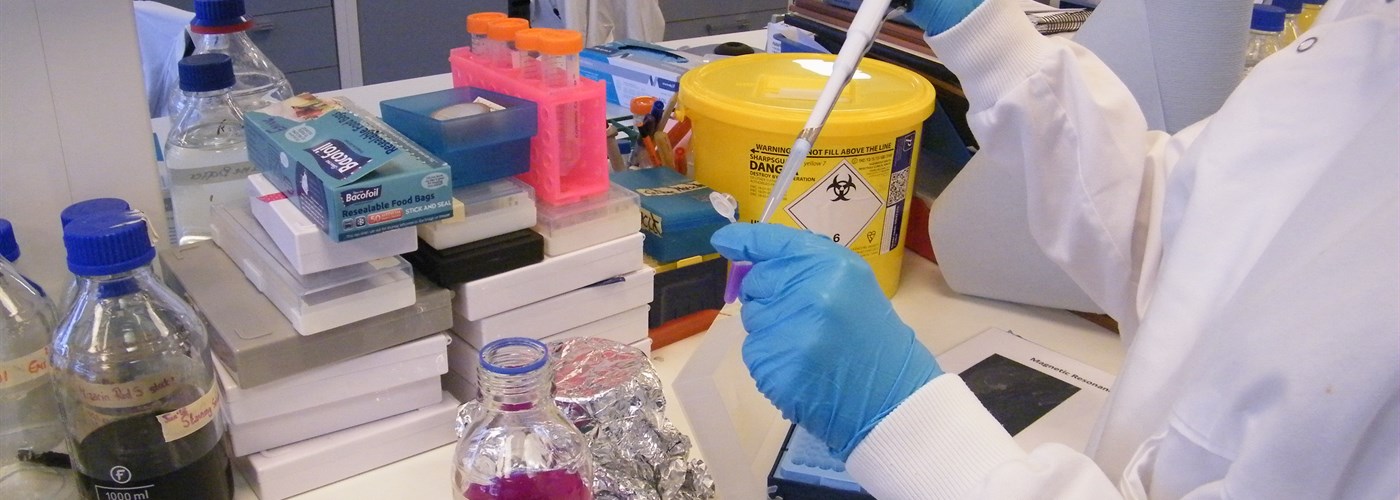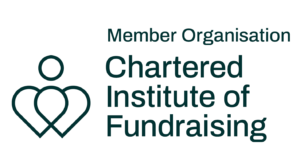Duchenne muscular dystrophy
Duchenne muscular dystrophy is a complex condition and so is the science relating to it. However, over time families are often amazed by how much they come to understand.
We have compiled a glossary of terms commonly used when discussing the science of human biology and genetics to help you understand Duchenne.
The glossary is arranged in alphabetical order, but to search for a specific term you can click ‘Ctrl + f’ or use the search box at the bottom of each page.
Call 07535 498 506 to find out more about the science behind Duchenne and how it affects your family
Glossary of terms
AAV (adeno-associated virus) – A small, harmless virus which is used as a carrier/vehicle to transport genetic cargo to cells in the body (for example, muscle cells).
Amino acids – The building blocks of a protein.
Antioxidant – A substance that slows down the rate of damage to other substances as a result of reactions with oxygen.
Antisense Oligonucleotide (AON) – An antisense drug binds to and inactivates a mutated exon within a gene to stop it from being recognised by the cell. Acts as a molecular patch to mask errors in the genetic code.
Biomarkers – Biological substances found in blood/urine that can be used as an indicator of disease and to show how well the body responds to certain treatment.
Cardiomyopathy – Refers to damage of the heart
Dystrophin – A protein which acts as a shock-absorber to prevent damage to muscles upon contraction.
Fibrosis – The thickening/scarring of connective tissue as a result of injury.
Genome – The body’s complete set of genetic instructions.
Genome editing – A type of genetic engineering where DNA is inserted, deleted or replaced using ‘molecular scissors’.
Genotype The genetic makeup of a cell.
Inflammation – Usually a healthy response known to aid in the cleanup and restoration of damaged muscle
Mdx mouse – The dystrophic mdx mouse model has a point mutation in its dystrophin gene. Most experiments are performed on the mdx mouse.
Mitochondria – The powerhouse of the cell that generates the cell’s energy.
Muscle cellular stress – refers to the way that muscle cells respond when they are exposed to stress, for example, stress caused by a lack of dystrophin.
Myostatin – is a protein produced naturally in the body and inhibits muscle growth
NF-kB – A protein complex involved in inflammatory signalling.
Nonsense mutation – Where a mutation in a protein coding sequence results in a stop codon and produces a short protein.
Oxidative stress – An imbalance between the production of reactive species and the ability of the body to detoxify/counteract their harmful effects.
Rare repurposing – taking a drug which is intended to treat one patient population and using it for the treatment of a different group of patients.
Ribosomes – Complex molecules which essentially form a factory for protein synthesis in cells. The cellular structure involved in decoding your DNA.
RNA – Its principal role is to act as a messenger carrying instructions from DNA for controlling the synthesis of proteins.
Satellite Cells – Immature muscle cells with the potential to develop into tissue such as skeletal muscle.
Sodium/Calcium exchanger – Small protein found in cells; it removes calcium and allows sodium to enter.
Stem Cells – Cells which have the potential to develop into any other type of cells in the body, for example, blood cells, skin cells or muscle cells.
Testosterone – Corticosteroid treatment will compromise growth and delay puberty. Whether exogenous testosterone can promote growth and development remains unclear.
TGF-β – A signalling molecule which regulates fibrosis and inflammation in tissues. Increased signalling is associated with muscular dystrophies.
Utrophin – A naturally occurring protein in the body which is about 80% similar to dystrophin.
Vector – A carrier to transfer genetic material into a cell.
X-linked inheritance – The gene mutated is located on the X chromosome. Girls who have this gene are usually not affected but are carriers of the disease and have a 50% chance of passing the faulty gene onto their children.
Scientists aren’t just robots in a lab, they are real human beings, many are parents themselves who understand the urgency of the situation we have found ourselves in with a Duchenne diagnosis. To see that emotion and feel the passion in their work was, in lots of ways, humbling.
Shelley Simmonds (Parent)
Find out about….
- More detailed therapy areas
- Our research strategy
- Gene therapy
- Genetics
- UK DMD Registry – helping you access clinical trials
- Contact us



